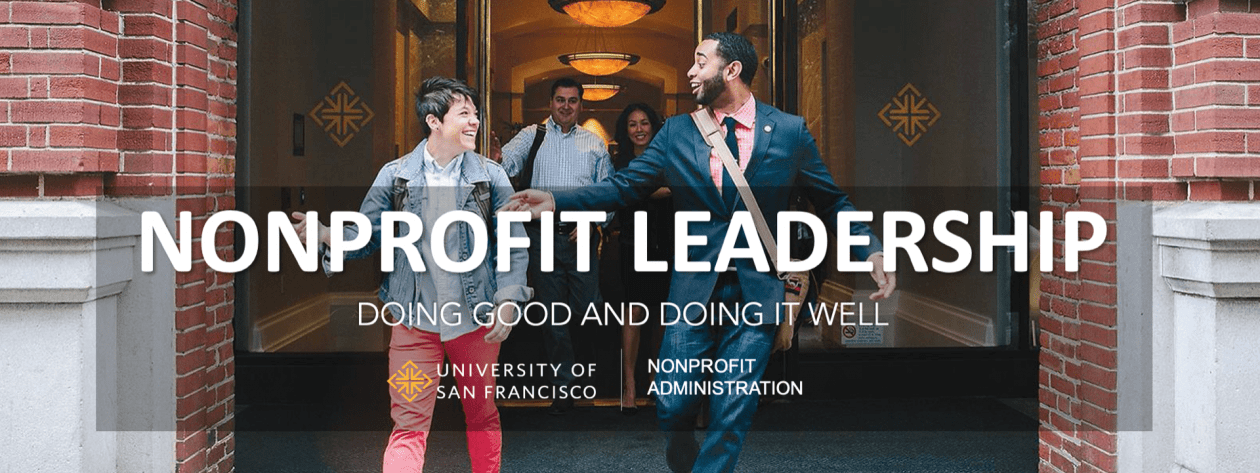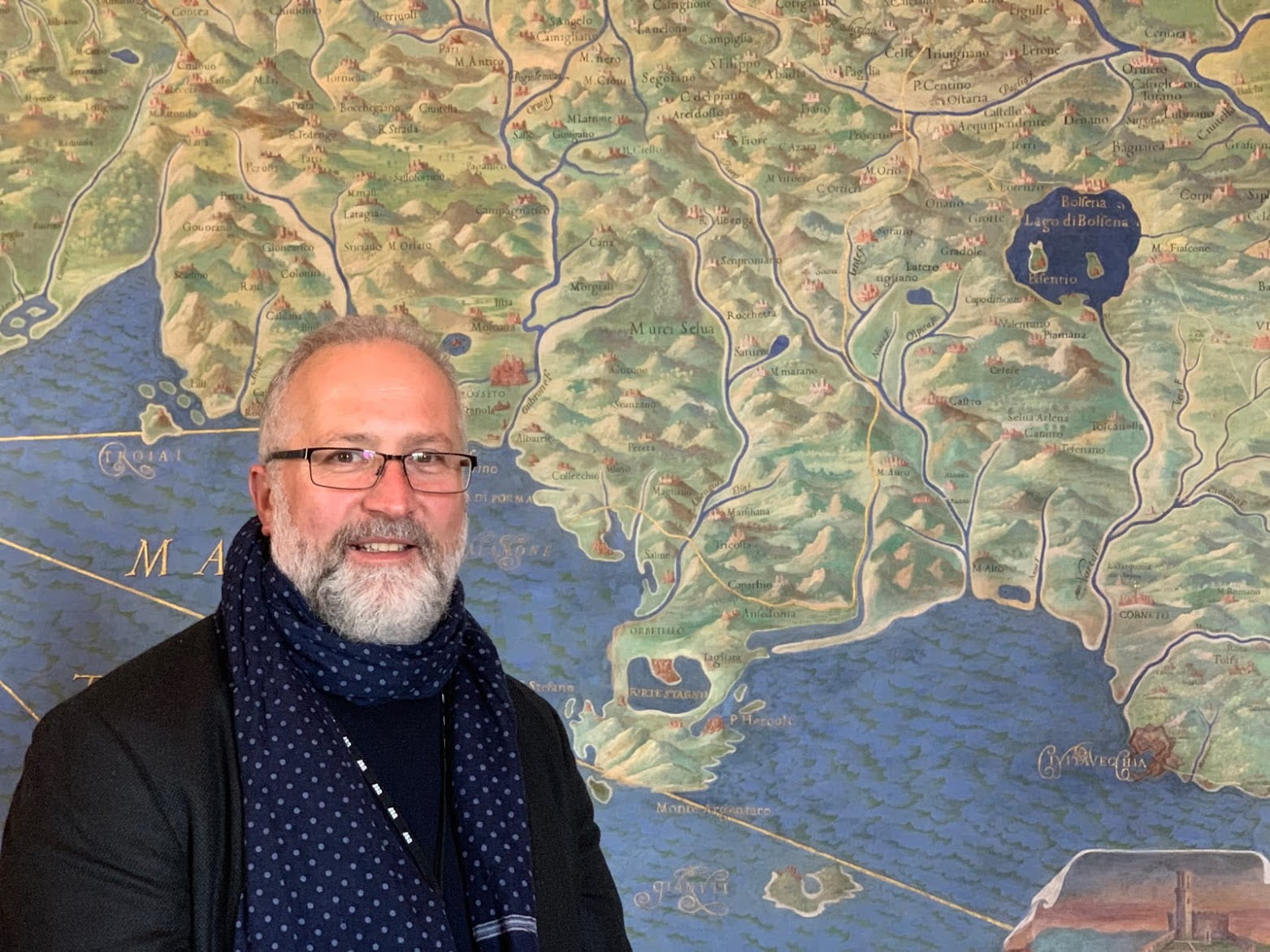Seminarians who study theology in the Catholic Church receive a good foundation in philosophical studies and pastoral work but receive little education on how to properly administer the human and financial resources of a parish or other faith-based organizations and programs.
Their education is centered around the development of value leadership for human, spiritual, intellectual and pastoral maturity in the communities they are called to serve. The United States Conference of Catholic Bishops (USCCB) recognizes the importance of a well-rounded education for Catholic Priests and reminds us about the important integration of educational competencies for leadership and administration. In addition to the core elements of their formation, management and leadership skills are key competencies for a pastoral administration that truly reflects Gospel values.
“The pastoral formation program should provide opportunities for seminarians to acquire the basic administrative skills necessary for effective pastoral leadership, recognizing that programs of continuing education and ongoing formation will be necessary to equip newly ordained priests to assume future responsibilities as pastors. Additional leadership skills include an ability to manage the physical and financial resources of the parish, including educating parishioners about the gospel value of stewardship, and an ability to organize parochial life effectively to achieve the goals of the new evangelization.” (USCCB, 2001, par. 239, p. 81).
To date there are few educational programs which effectively integrate leadership values with organizational development, financial management and human resource management (DiPaolo, 2012). This lack of integrated curricula that combines personal values with organizational best practices, can be attributed to the two sides of the spectrum of theology on one side and management skills on the other. Traditionally, religious leadership formation was primarily focussed on the spiritual and personal growth of its candidates rather than promoting practical competencies and necessary skills necessary to run organizations, programs and initiatives (Callahan, 2013). Management education has primarily concentrated on for-profit enterprises obfuscating the ethical responsibility that our economic institutions have toward our common humanity and moral aspirations (Wankel&Stachowicz-Stanusch, 2012).
Responding to the call to better integrate leadership values with financial management skills and human resource administration, the University of San Francisco’s Nonprofit Administration Program in the School of Management designed a program to address this important need. In dialogue with Rev. Fr. Paul Fitzgerald, SJ, USF President and Most Rev. Archbishop Salvatore Cordileone of San Francisco, Dr. Marco Tavanti, Director of the MNA Program and Professor of Nonprofit Administration launched the Pastoral Leadership and Management in Organization (PALMO), a professional and graduate level certificate for faith-based organizations and church leaders.
It is offered yearly as a summer program through intense trainings of nonprofit ethical leadership, financial administration and HR management focussed on nonprofit, charities, and churches. The PALMO Certificate includes some of the same competencies of the Master of Nonprofit Administration (MNA), the first one of its kind established in 1983. The 12 credits of the program can be used toward the completion of an Executive version of the Master degree (EMNA) of 36 credit units. Participants benefit from learning and interacting with executives and scholars in the nonprofit sector during the first two weeks (last two weeks of May) and continue the learning through online project-based, interactive exercises, online discussions and case studies (during June and July). They complete the educational program by presenting their projects designed to be a practical preparation to their current leadership vocation and/or leadership assignment (during in the first week of August).
The competencies developed during this program include:
-
Understanding how churches, religious institutions and other faith-based organizations relate across economic sectors of society and how they are classified for taxation and purposes.
-
Understand ethical decision making from a value-based leadership standpoint in the complexity of organizational administration and beyond moral assumptions.
-
Understand financial analysis, budgeting and reporting in relation to funds sustainability and concern for common good financial resources, nonprofit economic systems and social enterprise solutions.
-
Understand human resource management, collaboration and communication in relation to diversity, equity, inclusion, social justice and cross-cultural relations.
-
Understand systemic change and policy influence for promoting collective impact and addressing the root causes of poverty, marginalization, injustice and human right violations.
Participants are selected and sponsored by the Bishops of their Diocese or corresponding superiors or supervisors. The University of San Francisco offers partial or full scholarship to Dioceses and candidates in need. It also makes available residence space at the Loyola Village during the intense trainings of the program.
Read more about the PALMO program and how it integrates in the Executive Master of Nonprofit Administration here.
For additional information on the Certificate contact Dr. Marco Tavanti
Dr. Marco Tavanti is native of Arezzo, Italy, the birthplace of Michelangelo. In the last 30 years he has develop value-based and cross-cultural leadership training programs for Dioceses, congregations and missionary projects. He has worked in various administrative positions for nongovernmental organizations (NGOs) in partnership with the United Nations and engaged in poverty reduction and social justice in Latin America, Southeast Asia and East Africa. In addition to his Ph.D. in Sociology focussed on the sociology of religion and social movements, he studied at Gregorian University / Studio Teologico Fiorentino, and completed a Master of Divinity (M.Div.) and a Master of Cross-Cultural Theology at Catholic Theological Union in Chicago (CTU). At University of San Francisco’s School of Management, he teaches primarily in the area of nonprofit analysis, ethical leadership and sustainable development. http://www.marcotavanti.com/



